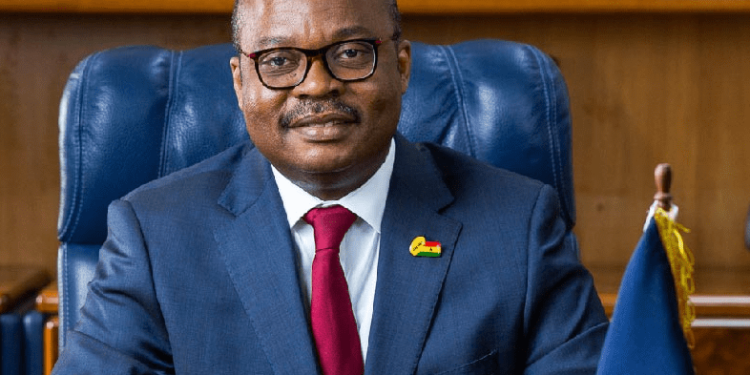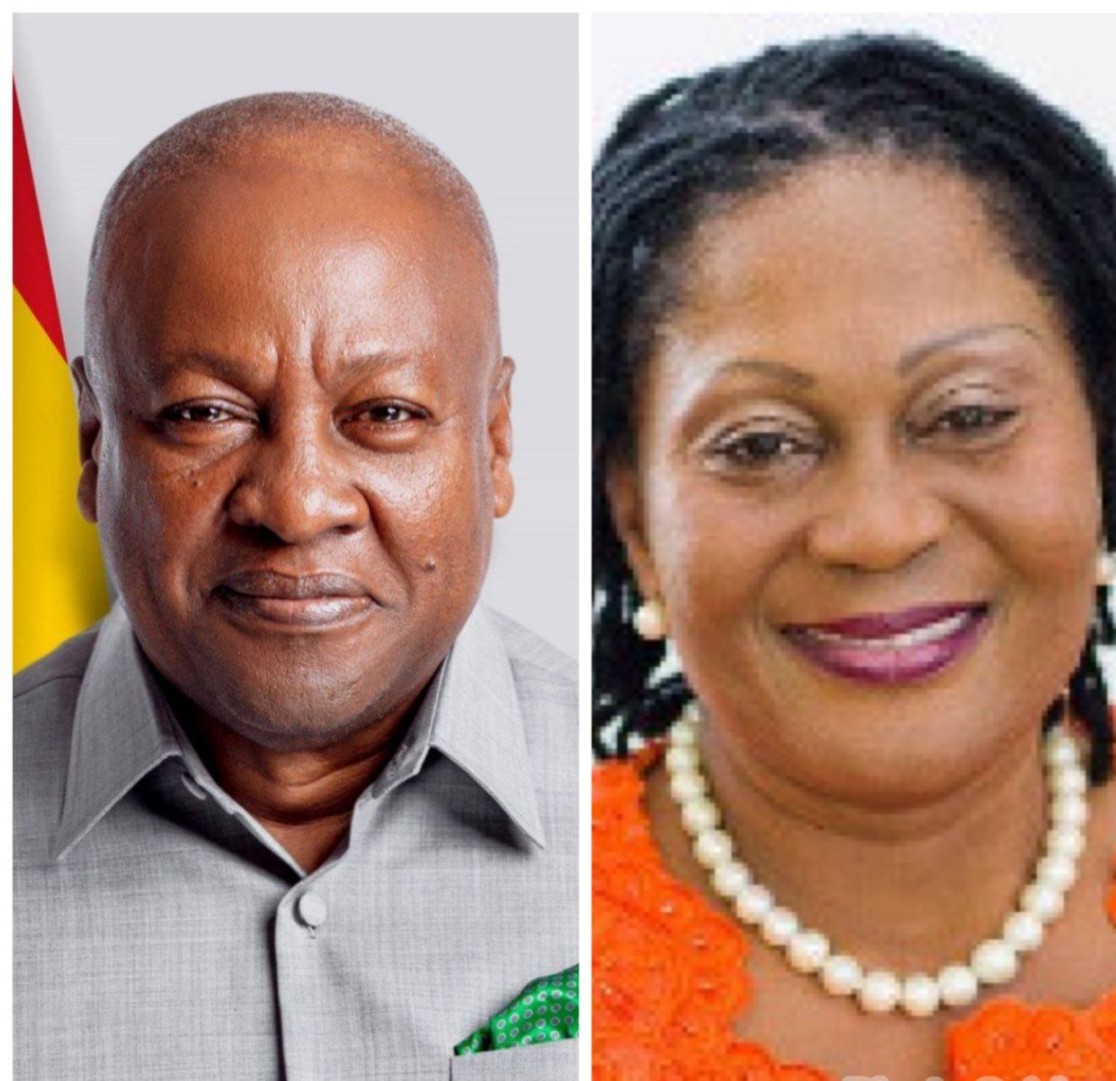BoG reduces Monetary Policy Rate to 29%


The Bank of Ghana (BoG) has lowered its Monetary Policy Rate by one percent.
In effect, the rate that commercial banks use as a reference for lending has been reduced from 30 to 29 per cent after six months.
The rate has remained at 30 per cent since July 2023 to keep inflation under control.
The business community and industry players had called for a rate drop to boost operational activities and expand credit to the private sector.
At its 116th monetary policy announcement today, the Bank of Ghana cited a significant decline in inflation, a stable currency rate, and relatively strong economic growth on both the domestic and global as reasons for the cut.
Governor, Dr. Ernest Addison added that although the ease in inflation indicates the efficiency of its inflation-targeting framework, it will continue to monitor developments and respond appropriately to tame to elevated risks to inflation.
“Headline inflation declined sharply by more than 30 percentage points in the course of 2023. Several factors have supported the disinflation process, namely, the tightening monetary policy stance throughout 2023, favourable international crude oil prices which led to stable ex-pump prices and transportation costs, and relative stability in the exchange rate. The latest forecast suggests that the disinflation process will continue, and headline inflation is expected to ease to around 13-17 percent by the end of 2024, before gradually trending back to within the medium-term target range of 6-10 percent by 2025.”
“These forecasts notwithstanding, there are upside risks to the inflation outlook and there is need for strict implementation of the 2024 budget and a tight monetary policy stance to sustain the disinflation process. The Committee noted the emerging recovery but sees the need to maintain a strong policy stance to consolidate the disinflation gains. Under these circumstances, the Committee decided to reduce the Monetary Policy Rate by 100 basis points to 29 percent.”
“On the domestic economic, there are clear indications that the current macroeconomic framework being implemented with the IMF PCF programme is yielding positive results. The macroeconomic fundamentals have all trended in the right direction. Both headline and core inflation are declining and projected to desolate further. Inflation expectations seem well anchored. Fiscal policy implementation is broadly in line with the expectations.
“The current account balance is in surplus and will likely remain so in the near term. The foreign exchange build-up has been strong and should support the stable exchange rate outlook. The benchmark key interest rate indicator, the United One Day Treasury Bill Rate also declined over a year in response to macroeconomic conditions,” he stated.





